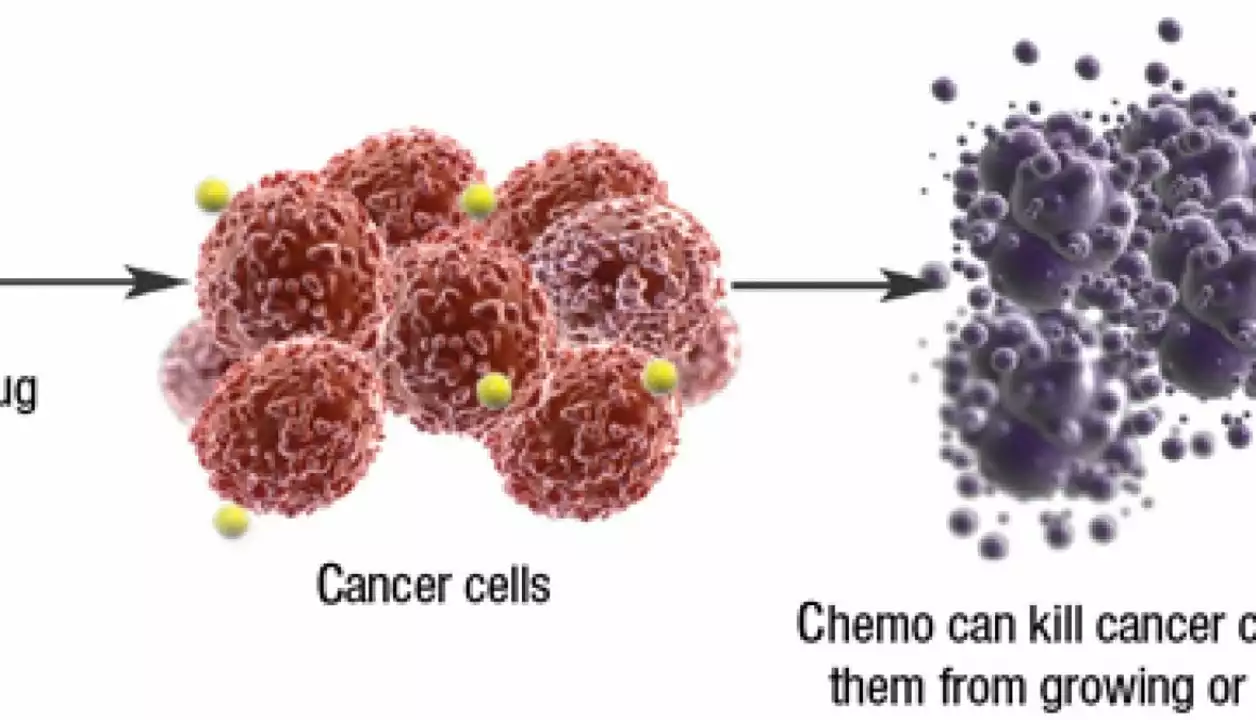Understanding Fluorouracil and Its Role in Breast Cancer Treatment
Fluorouracil, also known as 5-fluorouracil or 5-FU, is a chemotherapy drug commonly used in treating various types of cancer, including breast cancer. As a blogger who is passionate about raising awareness on breast cancer treatments, I believe it is essential to shed light on the role of Fluorouracil in treating this life-threatening disease.
In this article, we will discuss Fluorouracil's mechanism of action, how it is administered, its side effects, and how it works in combination with other treatments. Let's dive into the world of Fluorouracil and discover how it helps save the lives of thousands of breast cancer patients.
How Does Fluorouracil Work?
Fluorouracil is a type of chemotherapy drug known as an antimetabolite. Antimetabolites work by interfering with the synthesis of DNA and RNA in cancer cells, ultimately preventing them from growing and dividing. This leads to the destruction of cancer cells and slows down the progression of the disease.
Fluorouracil is particularly effective against rapidly dividing cancer cells, making it an essential weapon in the battle against aggressive forms of breast cancer. It is often used in combination with other chemotherapy drugs to enhance its effectiveness.
Administration of Fluorouracil in Breast Cancer Treatment
Fluorouracil can be administered in various ways, depending on the specific requirements of the patient and the stage of breast cancer. The most common methods of administration include intravenous infusion, oral tablets, and topical creams.
Intravenous infusion is the most common method of administration for breast cancer patients, as it allows the drug to enter the bloodstream directly and reach the cancer cells more effectively. Oral tablets and topical creams may be used in conjunction with other treatments or in cases where intravenous infusion is not suitable.
Adjuvant and Neoadjuvant Chemotherapy
Fluorouracil is often used as part of adjuvant or neoadjuvant chemotherapy regimens in breast cancer treatment. Adjuvant chemotherapy refers to the use of chemotherapy drugs after surgery to remove any remaining cancer cells and reduce the risk of recurrence. Neoadjuvant chemotherapy, on the other hand, is used before surgery to shrink the tumor, making it easier to remove.
Both adjuvant and neoadjuvant chemotherapy can significantly improve a breast cancer patient's chances of long-term survival, and Fluorouracil is frequently included in the mix of drugs used in these treatments.
Side Effects of Fluorouracil
As with most chemotherapy drugs, Fluorouracil does come with some potential side effects. Some of the most common side effects include nausea, vomiting, diarrhea, mouth sores, hair loss, and fatigue. These side effects can vary in severity, and not all patients will experience them.
It is essential for patients to communicate with their healthcare team about any side effects they experience, as some may require medical attention or adjustments to the treatment plan. Fortunately, many of these side effects can be managed, and most will resolve once the treatment is completed.
Combination Therapy: Pairing Fluorouracil with Other Treatments
Fluorouracil is often used in combination with other chemotherapy drugs, such as cyclophosphamide and doxorubicin, to increase its effectiveness in treating breast cancer. This is known as combination therapy, and it can help to attack the cancer cells from multiple angles, increasing the chances of a successful treatment outcome.
In addition to other chemotherapy drugs, Fluorouracil may also be paired with targeted therapies, hormone therapies, or radiation therapy to create a comprehensive treatment plan tailored to the specific needs of each patient.
The Role of Fluorouracil in Metastatic Breast Cancer
Fluorouracil can also play a vital role in treating metastatic breast cancer, which is breast cancer that has spread to other parts of the body. In this advanced stage of the disease, the primary goal of treatment is often to slow down the cancer's progression and relieve symptoms, rather than achieving a cure.
Fluorouracil can help to control the growth of metastatic breast cancer, improving the patient's quality of life and potentially extending their survival time.
Conclusion: The Importance of Fluorouracil in Breast Cancer Treatment
In conclusion, Fluorouracil is an essential chemotherapy drug that has proven to be highly effective in treating breast cancer. Its ability to disrupt the growth and division of cancer cells makes it a crucial weapon in the fight against this devastating disease.
As a blogger dedicated to raising awareness about breast cancer treatments, I hope this article has provided you with valuable information about the role of Fluorouracil in treating breast cancer. Together, we can continue to educate and empower those affected by this disease, giving them hope for a brighter future.

Jerry Erot
May 16, 2023 AT 10:36Fay naf
May 17, 2023 AT 16:44ANTHONY SANCHEZ RAMOS
May 19, 2023 AT 11:45Matt Czyzewski
May 20, 2023 AT 04:24John Schmidt
May 22, 2023 AT 02:08Lucinda Harrowell
May 23, 2023 AT 09:13Joe Rahme
May 23, 2023 AT 19:37Leia not 'your worship'
May 25, 2023 AT 03:44Jo Sta
May 26, 2023 AT 13:46KALPESH GANVIR
May 27, 2023 AT 03:01April Barrow
May 28, 2023 AT 04:21Melody Jiang
May 28, 2023 AT 11:35alex terzarede
May 29, 2023 AT 21:58Dipali patel
May 31, 2023 AT 21:31Jasmine L
June 2, 2023 AT 08:48lisa zebastian
June 4, 2023 AT 08:03Jessie Bellen
June 5, 2023 AT 05:45Jasmine Kara
June 6, 2023 AT 05:08Richie Lasit
June 7, 2023 AT 15:40arthur ball
June 9, 2023 AT 08:17